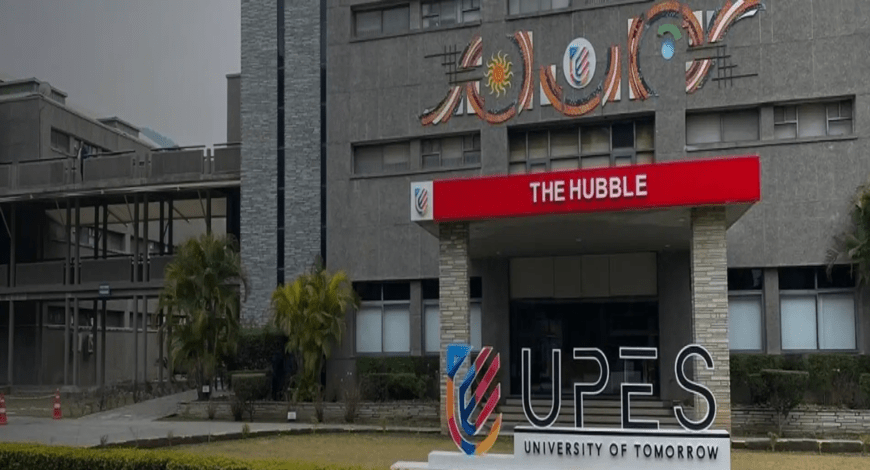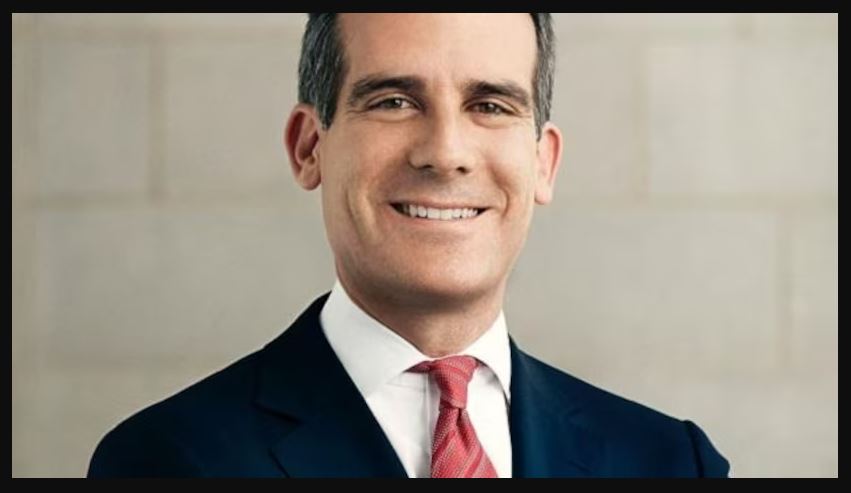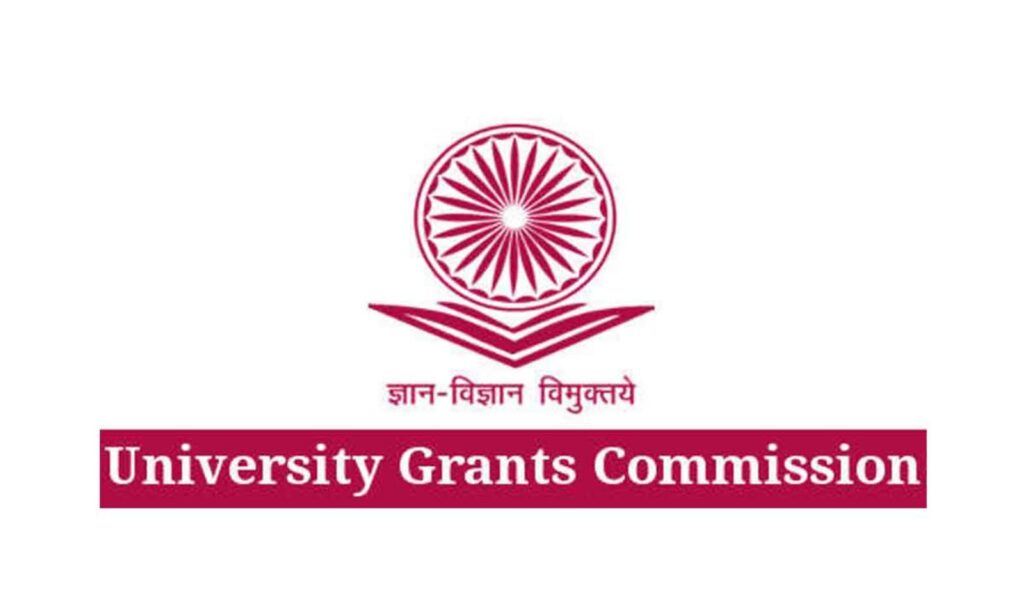Dr. Debashish Sanyal (Director – GLIM, Gurgaon) lighting the lamp surrounded by international delegates at the Winter Business School Conference on Sustainability 2022
Great Lakes Institute of Management (GLIM), Gurgaon today hosted its first international conference, titled “International Perspectives in Economics & Management for Sustainability”, which was participated by around 75 world-renowned researchers and representatives from the industry as well as the Government . With this conference, GLIM has signaled its intent to emerge as a leading academic and research institute in the sphere of “Sustainable business practices” and offer to industry not only competent and environmentally responsible management professionals but also intellectual capital in all spheres of sustainability.
The pre-conference proceedings on December 19 included a panel discussion on “Climate change and Financial Risk”, with international speakers Prof. Olatunde Shobande (Senior Economist at the University of Aberdeen, UK), and Prof. Kazi Sohag (Ural Federal University), and moderated by Prof. Tomas Balezentis (Professor at Vilinius University, Lithuania). Prof. Sohag explained how Russia, despite economic sanctions, was able to maintain fiscal stability through a dual approach of “no rouble-no-petrol” leveraging its hydrocarbon exports to appreciate its local currency and maintaining a sizeable National Welfare Fund to counter the economic sanctions. Prof. Shobande focused on the criticality of providing every household with electricity to address the “energy poverty”, which is a critical issue in developing countries, and which would help reduce the usage of solid fuels and improve environmental sustainability. A highlight of the pre-conference session was the signing of a formal MoU between GLIM Gurgaon and Ural Federal University, Russia. Dr. Debashis Sanyal, Director GLIM-G and Prof. Kazi Sohag of UFU signed the MoU. It would explore student and faculty exchange programs, as well as funded research for projects of international agencies.
The conference was formally inaugurated on Dec 20 by Prof. Leila Dagher, Director of the Institute of Financial Economics at the American University of Beirut, and a renowned researcher in the areas of energy, environmental, and financial economics. The inaugural session was preceded by a keynote address by Dr. Amol Phadke, a Staff Scientist in the Electricity Markets and Policy Department at the Lawrence Berkeley National Laboratory and a Senior Scientist at the Goldman School of Public Policy, University of California. Dr. Phadke highlighted the urgent need for the energy sector, currently responsible for worldwide CO2 emissions of 30 giga tonnes per year, to radically transform itself, and spoke about a range of opportunities that exist in the energy, transport, and power sectors, in terms of exchanging conventional energy sources with clean energy: electric vehicles in place of internal combustion engines, solar/wind power to replace coal, etc. Subsequently, Mr. Mohan Lakhamraju, Chairman of GLIM, during his address, formally announced the launch of a Center of Excellence in Sustainability at GLIM Gurgaon. Dr. Debashish Sanyal, Director GLIM Gurgaon took the audience through a journey of various achievements and accolades of GLIM Gurgaon, despite being one of the youngest business schools in the country. Dr. Sanyal also announced that in a year’s time, the next international conference on Sustainability would be hosted by GLIM Gurgaon. During her inaugural address, Prof Leila Dagher presented interesting insights gleaned from her research work: relating to possibilities of providing green power to individual households, and predictions of global oil prices in the context of financial shocks, especially in Asian markets.
A second track in the conference comprised 19paper presentations by researchers across the country, on four themes – Economics, Finance, Marketing & HR, and Analytics. Each track concluded with a “Best Paper” award by the Session chairs in their respective themes. Mr. Rahul Kumar (“CSR – not a substitute for ESG”), Dr. Sneha (“Impact of COVID-19 on government workers in India”, Mr. Sanjeev Kumar (“Interconnectivity and Investment Strategies among commodity prices”) and Nikhita Tuli and Harish Kumar (“Demystifying the engagement process: A BOP perspective towards social media app engagements”) were the recipients of the Best Paper awards.
The post lunch session included a Fireside chat with Journal editors Prof. Justin Paul, Editor-in-Chief, International Journal of Consumer Studies and a Professor at the University of Puerto Rico, San Juan, and Prof. Aviral Tiwari, faculty at IIM Bodh Gaya, and Associate Editor of Energy Economics journal, with Prof Bappaditya Mukhopadhyay of GLIM Gurgaon to discuss how students and researchers should build up their skills and competencies to publish in renowned, peer reviewed journals, and improve their academic credentials.
The conference ended with an industry-focused panel discussion titled, “Environmental Efficiencies through Sustainable Practices”, with participants from the corporate sector, not-for profit sector as well as government of India. Panelists included Dr. Manoranjan Mohanty from the office of the Principal Scientific Advisor to Govt of India, Ms. Upali Nag from Group M (Motivator) and Mr. Akash Sharma of economic think tank CUTS International who shared their insights into specific interventions being taken by them to take forward the mandate of sustainability across their spheres of influence. The panel, chaired by Prof Sanghamitra Bhattacharyya of GLIM Gurgaon also deliberated on ways in which various stakeholders can synergistically work together to collectively contribute to India’s sustainability goals and commitments.
GLIM Gurgaon, despite being among the youngest business schools in the country, has been going from strength to strength, in terms of NIRF rankings (52nd rank), AMBA, AIU and AICTE accreditations, upcoming AACSB accreditation, impressive quantum of research publications by its faculty members in internationally and nationally reputed journals, and rapid increase in number of programs for different categories of students and different market needs.



